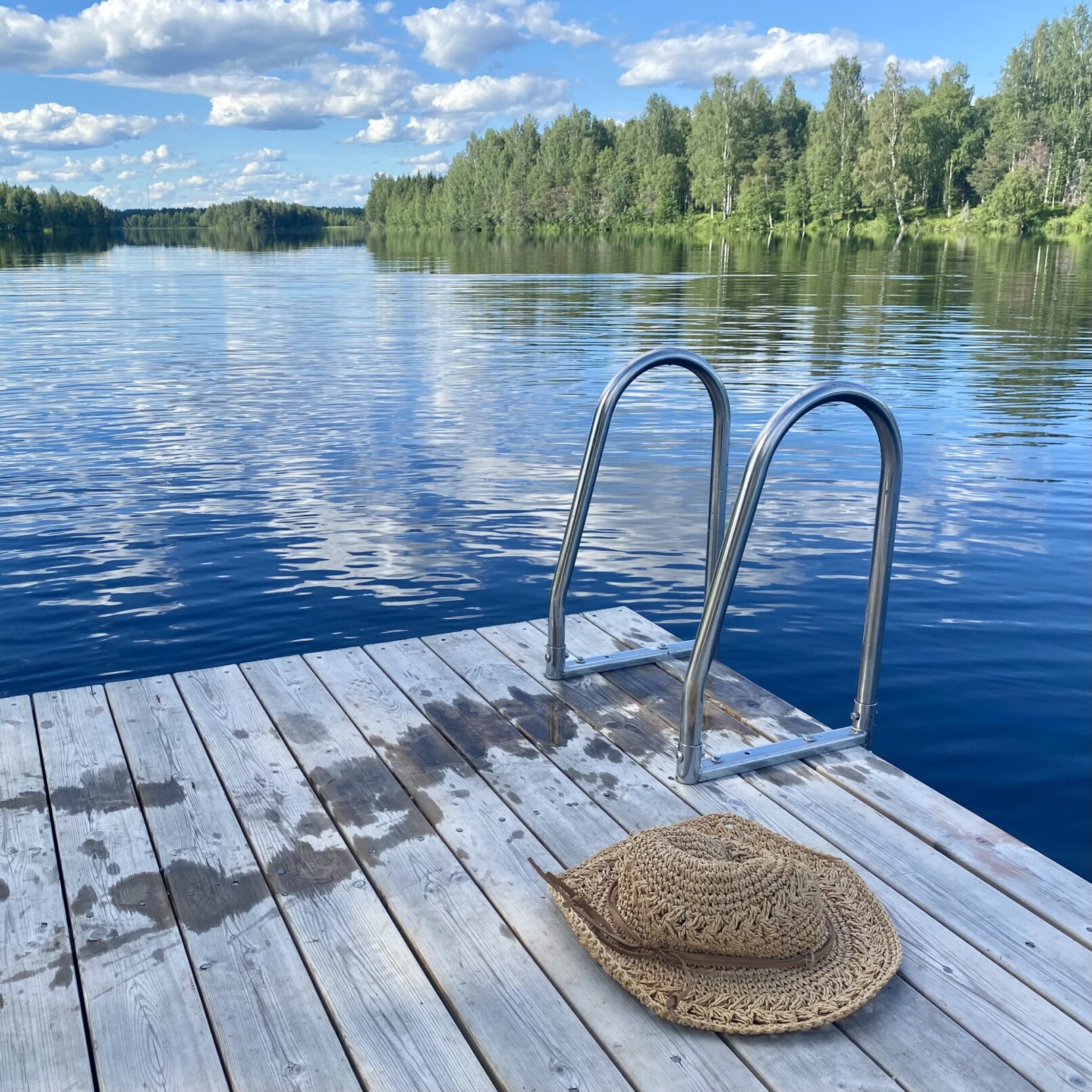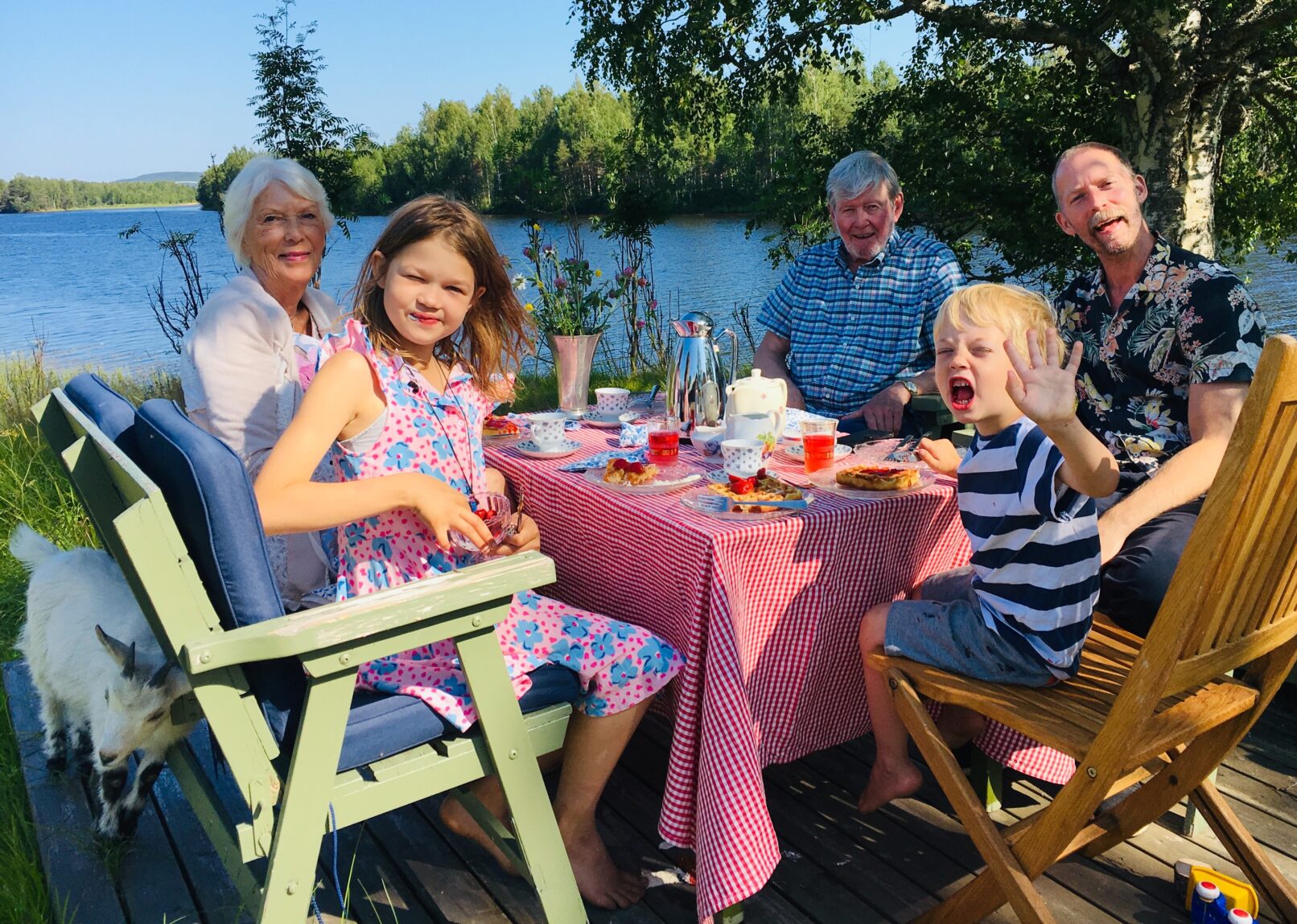Haradsstugan i Lillån
[cbxwpbookmarkbtn]
Stugan i Lillån är ett gammaldags, mysigt, unikt boende i Södra Harads, vackert beläget intill Luleälven.
Stugan är smakfullt renoverad enligt byggnadsvård, ytskikten målade med linoljefärg och väggarna tapetserade i klassisk svensk gammaldagsstil. Badrummet med vattenklosett och dusch har försetts med både kakel och klinkers. Köket är fullt utrustad med spis, ugn, mikrovågsugn och kyl med frysfack, vilket gör det enkelt för dig som gäst att tillaga din egen mat i stugan. Önskar du i stället att laga mat utomhus över öppen eld, finns det möjlighet att använda gårdens eldstad. Boendet är avsedd för 3 personer, men vid förfrågan kan även en extrabädd ställas in så att stugan rymmer 4 övernattare. Möjlighet att ladda elbil finns på plats.
Stugan är belägen på landsbygden utanför Harads i ett idylliskt och naturskönt område. Upptäck rofylldheten i vår charmiga stuga, omgiven av det vackra landskapet. Där du som gäst kan fördjupa dig i naturens lugn och närheten till det rika djurlivet. En perfekt tillflyktsort från vardagens stress och brus. Har du tur kan du även se norrskenet ovanför vår stuga.
Under sommartid finns en badbrygga att tillgå nere vid älven samt möjlighet att hyra fiskekajaker och cyklar. På förfrågan kan även en båttur längs älven med gårdens campingsnipa erbjudas. Under vintertid erbjuder vi guidade skoterturer med panoramapulka samt guidad snöskovandring i nejden. Vi erbjuder även fler aktiviteter i samarbete med Arctic Bath, för mer information kring detta kontakta Johan (se kontaktuppgift nedan).
Under juli månad driver vi under helgerna ett populärt våffelcafé på gården, med öppettiderna 12.00-17:00. Då finns möjlighet att avnjuta såväl söta som salta, lite matigare våfflor hos oss.
Affär och restaurang finns att tillgå i centrala byn.
Stugan är ett fristående boende utan fysisk bemanning.
Recensioner:
”Oavsett dina förväntningar på denna stuga så är de inte tillräckligt höga!”
” Vi känner oss så varmt välkomna – det är som om vi besöker våra morföräldrars gård vid Lake Itasca, Minnesota”
Kontaktuppgifter för bokning eller övriga frågor:
Johan Jansson
0735084120
janammafoto@gmail.com




